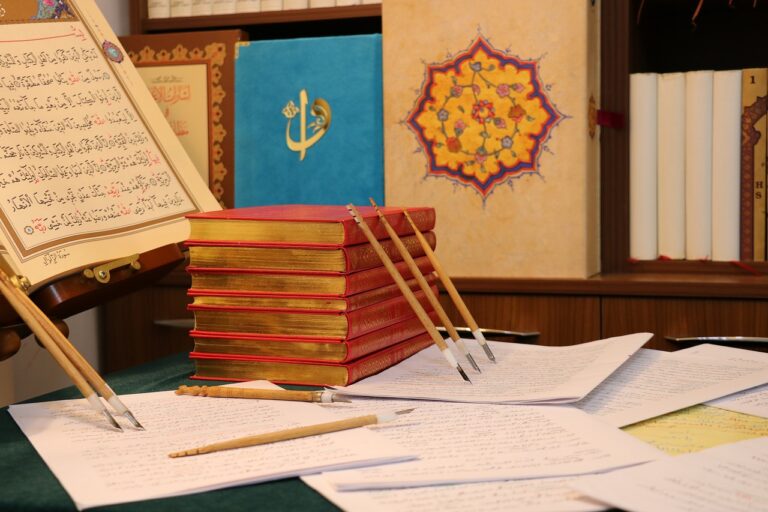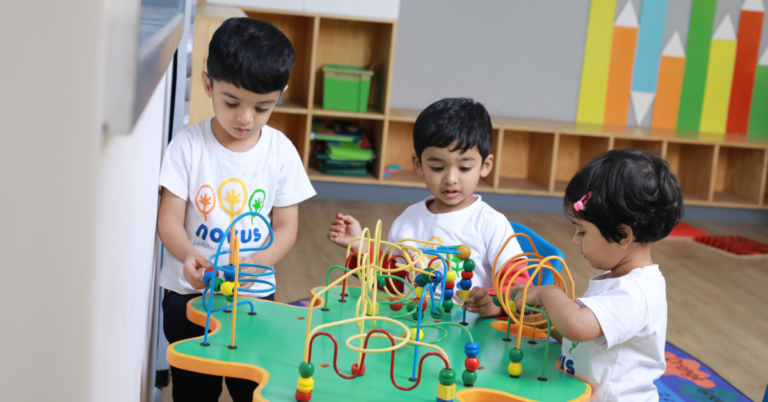Promoting Global Citizenship Through Model United Nations Programs
Model United Nations programs play a crucial role in fostering global citizenship among participants. By simulating real-world diplomatic scenarios and encouraging delegates to collaborate on finding solutions to pressing global issues, Model UN programs equip individuals with a profound understanding of the complexities of international relations. Through engaging with diverse perspectives and negotiating with peers from different cultural backgrounds, participants develop a heightened awareness of the interconnectedness of our world and the importance of global cooperation in addressing global challenges.
Moreover, Model United Nations programs provide a platform for participants to enhance their critical thinking and communication skills. Delegates are required to conduct thorough research on their assigned country’s position, formulate persuasive arguments, and effectively communicate their stance during debates and negotiations. These experiences not only cultivate leadership qualities such as public speaking and negotiation skills but also promote active listening and the ability to appreciate differing viewpoints. As a result, participants emerge from Model UN programs with a well-rounded skill set that is essential for navigating an increasingly interconnected and interdependent world.
• Model United Nations programs foster global citizenship by simulating real-world diplomatic scenarios
• Participants collaborate to find solutions to pressing global issues
• Delegates engage with diverse perspectives and negotiate with peers from different cultural backgrounds
• Programs promote awareness of the interconnectedness of our world and the importance of global cooperation
• Model United Nations programs enhance critical thinking and communication skills
• Delegates conduct thorough research on their assigned country’s position
• Participants formulate persuasive arguments and effectively communicate their stance during debates and negotiations
• Experiences cultivate leadership qualities such as public speaking, negotiation skills, active listening, and appreciation for differing viewpoints
Understanding the Role of Model UN in Developing Leadership Skills
Model United Nations (MUN) programs play a crucial role in honing leadership skills among participants. Engaging in MUN simulations allows individuals to step into the shoes of world leaders, make difficult decisions, and navigate complex diplomatic situations. Through this process, participants develop problem-solving abilities, strategic thinking, and effective communication skills essential for effective leadership.
Moreover, the competitive nature of MUN conferences pushes participants to think on their feet, negotiate with other delegates, and advocate for their country’s interests. These experiences not only cultivate confidence and resilience but also foster teamwork and collaboration skills. Thus, participating in Model UN exposes individuals to real-world challenges and equips them with the leadership qualities necessary to address global issues and drive positive change.
How Model UN Encourages Cultural Understanding and Empathy
Model United Nations (MUN) programs serve as a platform for students to immerse themselves in diverse cultures and perspectives from around the world. By simulating real-world international relations scenarios, participants are challenged to step into the shoes of delegates from different countries and navigate complex issues through diplomacy and negotiation. This firsthand experience of engaging with various cultures broadens students’ understanding of global affairs and fosters empathy towards the unique challenges faced by different nations.
Through Model UN, participants are encouraged to research and embody the values, interests, and historical backgrounds of the countries they represent. This deep dive into cultural nuances not only enhances students’ knowledge of global diversity but also cultivates a sense of empathy and respect for viewpoints that may differ from their own. By engaging in respectful dialogue and collaboration with peers from diverse backgrounds, students develop a greater appreciation for cultural differences and learn to approach complex issues with an open mind and a spirit of cooperation.
What is the purpose of Model United Nations programs?
The purpose of Model United Nations programs is to simulate the workings of the United Nations by allowing students to role-play as delegates from different countries and debate various global issues.
How do Model United Nations programs promote global citizenship?
Model United Nations programs promote global citizenship by encouraging students to think beyond national boundaries and consider the perspectives of different countries when addressing international issues.
How does participating in Model UN help develop leadership skills?
Participating in Model United Nations helps develop leadership skills by requiring students to collaborate with their peers, negotiate effectively, and think critically about complex global issues.
How does Model UN encourage cultural understanding and empathy?
Model United Nations encourages cultural understanding and empathy by exposing students to the viewpoints of delegates from different countries and encouraging them to consider the diverse cultural backgrounds that shape those perspectives.







